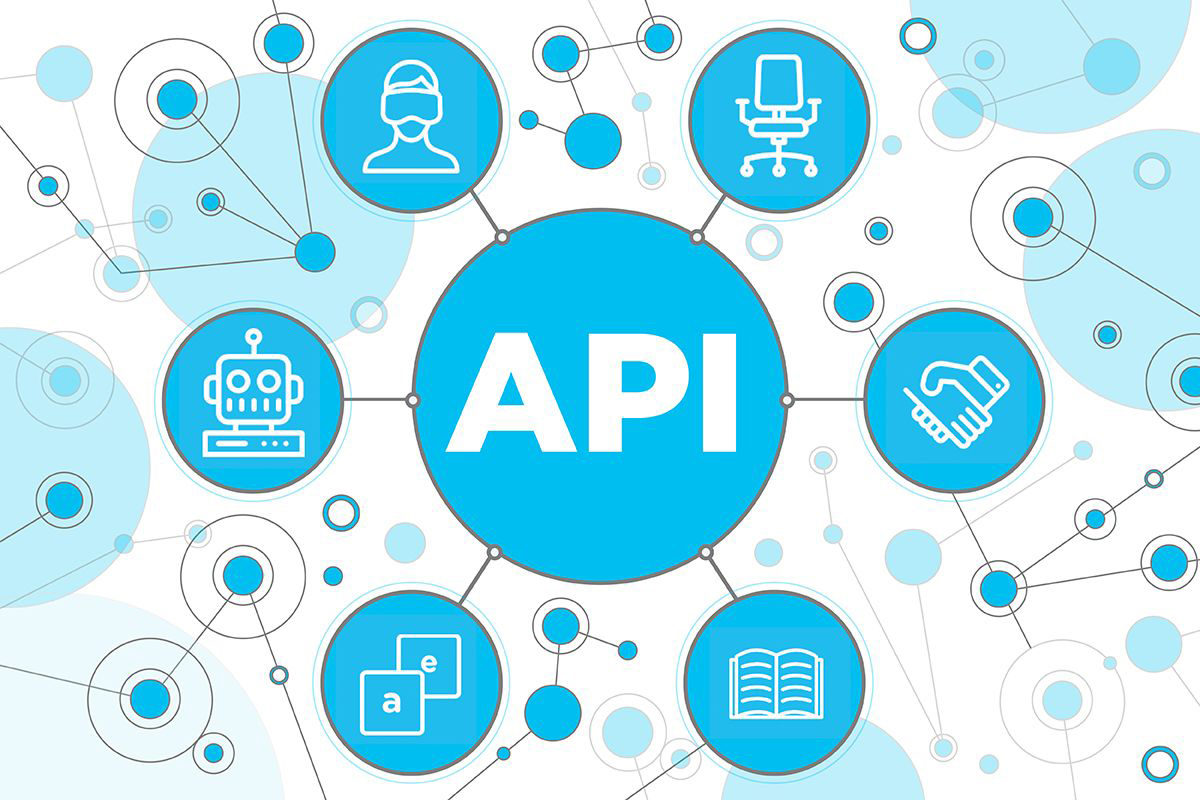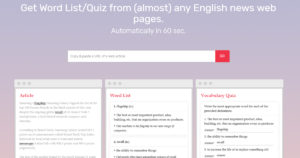Welcome to the Oxford Dictionaries API blog!
This post is not updated for v2, please see migration guide.
Welcome to the Oxford Dictionaries API blog! Here, we’ll be exploring all of the innovative and exciting things you can do and create using Oxford Dictionaries data. Posts will include product showcases, how-to guides, and a host of contributions from across our developer community. As always, we love to hear from you, so if you have a question or would like to contribute, get in touch at [email protected].
Last year saw a fantastic expansion in the range of features and data offered through the Oxford Dictionaries API. Having successfully launched with our English (both British and US) and Spanish datasets, we now offer 16 varied languages from across the world, with plans to launch more later this year. These are available across a range of endpoints designed to enable you to easily enhance your application in whichever way you wish: from Search, Entries display, and Translation, to creating Wordlists and extracting word data using LexiStats. Stay tuned in 2018 as we keep adding more!
The most rewarding part of the last year, however, has been seeing the products you, our community of skilled developers, have built. We’ve seen everything from word games, tools to help language learners, chatbots, and apps to help local communities, to cutting-edge research into natural language processing. Why not explore last year’s competition winners to get an idea for your next project?
That’s the aim of this blog: to share with you the best ideas we see coming out of the Oxford Dictionaries teams and from the wider developer community, and to help you on your way with your own projects. We built this API for you, so if you don’t see what you want, get in touch and we’ll see what we can do. Nothing beats a good challenge.
What’s on offer?
As a well-known, trusted dictionary provider, we know that a lot of people would like to incorporate a dictionary look-up into their application. Just think of your favourite eBook device or mobile platform to get an idea of how this might work with our content. We therefore have a number of endpoints to help:
Dictionary Entries does this in the simplest sense. You pass it a word and it will return its entire dictionary entry, including its pronunciation, etymology, and definitions for every sense in which it can be used.
But what if you searched for a form of a word that doesn’t have its own dictionary entry, like ‘snorkelling’ or ‘biggest’? To solve this you can use either Search or the Lemmatron (yes, the Lemmatron!).
Search works by matching what you pass it to a word that exists in our dictionary, whilst the Lemmatron does something similar by returning the ‘root’ form of the word you pass it. In both cases, you will get back to ‘snorkel’ and ‘big’, respectively; in order to then pass to the Dictionary Entries endpoint. Hey presto – you have a dictionary plug-in in your application!
At present we also have similar lookups for Translation, Thesaurus, and our Sentence Dictionary, the latter being a database of curated examples of a word in use ‘out in the wild’ – perfect if you want to show learners how a word can and should be used in context.
On a slightly different note, we also offer a Wordlist endpoint, which allows you to extract lists of words according to specific criteria, like sports domains, or phrases. Perhaps you would like to validate words in a game, or create flashcards for your students; it’s definitely worth looking at what you can get from here too.
And most recently, we were excited to launch an altogether different type of functionality, called LexiStats. Whilst the other endpoints have passed back data stored in our traditional dictionaries, LexiStats specializes in providing statistical data extracted from our vast, high quality corpora, which we use to track language in use.
LexiStats allows you to compare the frequency of how regularly a word appears in use, or how frequently it appears with other words. This opens up a whole host of new uses that can help with everything from levelling games to powering speech recognition and predictive text input. We’ll be exploring this in more detail in future blog posts.
All of this functionality is available to try out in real time on our documentation page, and across all of our access plans from Free right up to our Premium and Enterprise packages. And as always, feel free to get in touch if you have any comments or suggestions.
We look forward to seeing what you create!
- The opinions and other information contained in OxfordWords blog posts and comments do not necessarily reflect the opinions or positions of Oxford University Press.








Comments